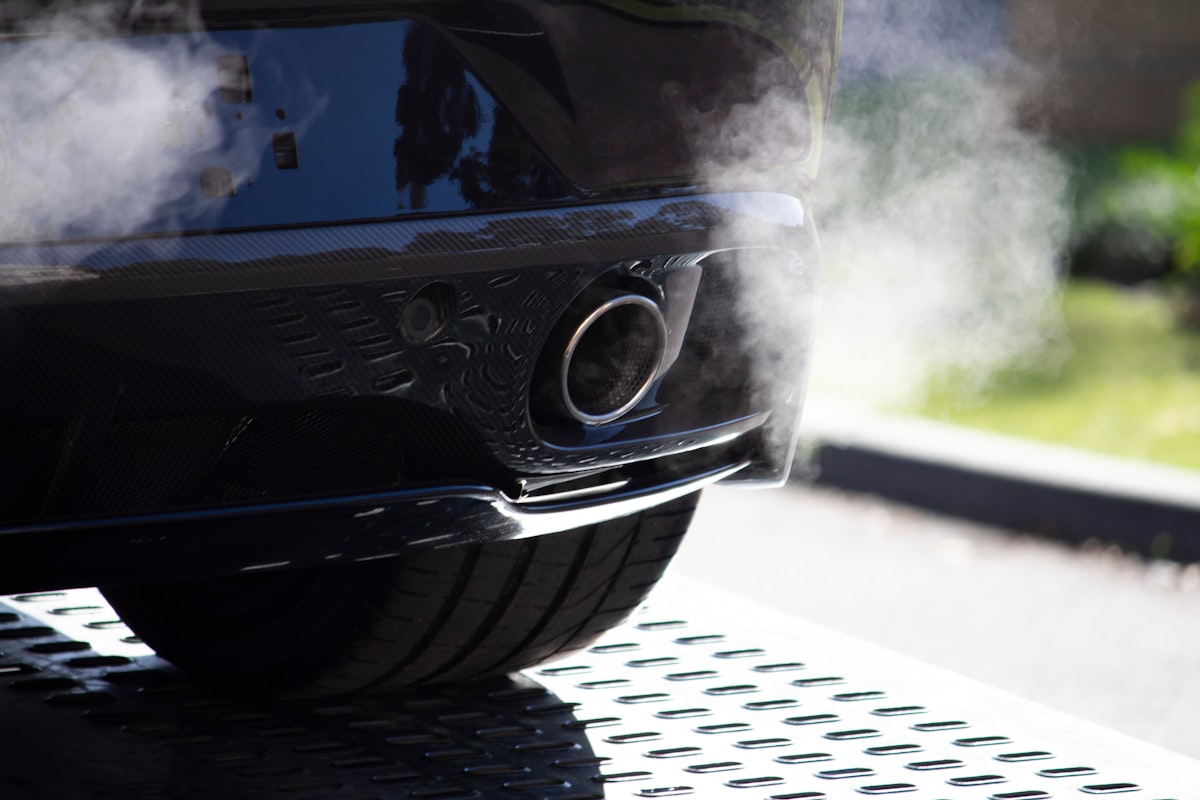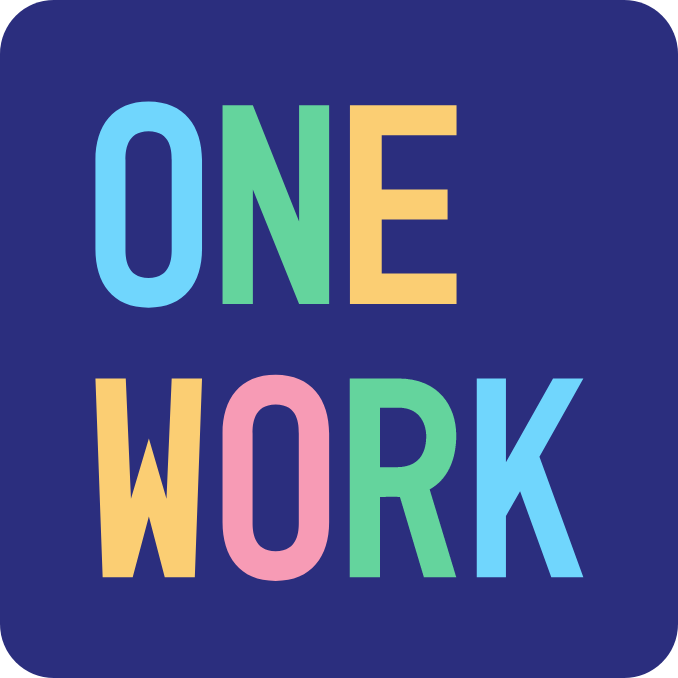Impactfully No. 84: Toyota's Emissions Cop-Out
Toyota's CEO plans to use carbon credits, not electric vehicles, to meet the EPA's emissions targets, and the voter turnout gap among white and non-white voters is increasing.

The EPA is setting aggressive emissions targets for the transportation industry in an effort to combat greenhouse gases. This week, Toyota's CEO said that they'll use carbon credits to hit those targets if needed, letting consumer demand drive the transition to electric vehicles – even if it lags the EPA's targets.
We also dig into a troubling trend in voter turnout with ties to a key Supreme Court decision on voting rights. If you think you're registered to vote, you might want to double check – it's not too early to do so. Off we go!
~ Greg
What we're reading
Toyota's CEO is saying they are going to follow consumer demand for electric vehicles, and that rather than electrify more of their vehicles to meet EPA guidelines, they will purchase carbon credits. (Electrek)
- If you read this newsletter, you know I love a good change management problem. This one is wild though.
- The government is trying to incentivize more people to purchase electric vehicles to reduce greenhouse gas emissions from the transportation sector. Tax credits help, but they only impact the demand side of the market. You need to address the supply side as well, and that means producing more electric vehicles.
- One way to influence the manufacturers is through government policy. The EPA is pushing for significant emissions cuts, and critics argue that it amounts to an electric vehicle mandate – essentially, manufacturers can't meet the EPA requirements without producing electric vehicles.
- What makes the Toyota story so interesting is that they're essentially ignoring the EPA policy. They're going to shift their focus to electric vehicles when consumer demand grows.
- This is a reasonable approach from a business perspective. They can't sell a product that people don't want to buy.
- I am a bit discouraged, however, by their proposed solution. Carbon credits are controversial at best – paying for your pollution doesn't solve the problem of polluting.
The Brennan Center for Justice released a report over the weekend that shows an increasing turnout gap between white and non-white voters. (NBC News)
- The report cites the Supreme Court's decision in 2013 to suspend Section 5 of the Voting Rights Act as one cause. Section 5 required states with a history of racial discrimination to seek Justice Department approval for changes to voting laws and processes.
- Separately, Pew research from the past three elections noted that white voters were more likely to vote consistently in each election. Age and education are also factors.
- There are many reasons why people don't vote: disillusionment with the process, disappointment with the options, and so on. Our states making it harder for us to vote shouldn't be one of them.
- So, y'know – maybe it's time to double check your voter registration.
Job of the week
Are you passionate about using social media to make a difference? Beyond Meat has the perfect job for you this week! They're one of the leaders in the plant-based meat space – chances are you've come across their burgers before.
Beyond Meat is looking for a Digital Content Creative Manager who can produce video content across their social media channels in partnership with their marketing teams. We're talking Instagram, TikTok, YouTube – you name it. You'll be working out of their El Segundo office in Southern California, so get ready for some seriously good weather to go with your good deeds.
Community roundup
- Maine is outpacing the rest of the country in terms of heat pump installations. Heat pumps are a more energy-efficient way to heat and cool homes, and Maine is installing them at three times the rate of the national average. (NYT)
- The Government Accountability Office published a report last month saying that climate change could impact nuclear waste that the U.S. buried in the Marshall Islands and Greenland. The Marshall Islands were used for nuclear testing, and Greenland was the site of a nuclear power plant on a military research base. (Grist)
- The University of Florida eliminated all of its DEI positions in response to a new law that prohibits using state and federal funding for DEI initiatives in public schools. Presumably, this is just the start; Florida has 28 state schools. (The Guardian)
- Multiple universities, including a handful ofIvy League schools, are adopting geothermal energy to power their buildings on campus. Bard College is retrofitting their library to replace its existing oil field system which used 15,000 gallons of oil each year. (ABC News)
- The Department of Energy is awarding millions of dollars to fund renewable energy projects that will serve tribal communities. Each project is unique, and applicants are required to create a Community Benefits Plan to ensure stakeholders are included in the development process. (Fast Company)
- More than 50% of medical supplies are sterilized with ethylene oxide, and OSHA is learning that the chemical lingers after sterilization. Workers downstream in the supply chain were being exposed to toxic vapor as a result, leading to cancer, strokes, seizures, and other debilitating conditions. (Grist)
- People in San Francisco are voting today on Proposition E, which could expand the use of artificial intelligence, facial recognition, and drones by local police. (Reuters)
- The Albert Einstein College of Medicine received what is believed to be the largest charitable donation to a medical school: $1 billion to cover tuition for students in perpetuity. (NYT)
Hot job opportunities
- Senior Graphic Designer – Atlantic Council – Washington, DC
- Business Development Representative – Skyhive – Remote
- Product Support Generalist – Classy – Remote
- Energy Sales Consultant – Dandelion Energy – Remote
- People Operations Manager – Idealist Consulting – Portland, OR
- Lead Software Developer – Banyan Infrastructure – San Francisco, CA
- Director, Product Management – Atticus – Los Angeles, CA
- Sales & Customer Experience Specialist – MIO – Remote
- Operations Analyst – Cabot Creamery – Waitsfield, VT
- Sales Manager – Good Party – Remote
Hiring for mission-driven talent? Post a job for free on our job board.
Looking for a job? Submit your resume to our talent pool, and let social impact companies come to you.
Resource of the week
My guess is you've heard of ENERGY STAR before (I'm not yelling – I'm being brand-accurate), particularly if you've ever gone shopping for a major appliance. I always knew them for the sticker that shows projected energy usage each year, but they actually support way more than that.
For example, they can help you find a rebate for making energy-efficient upgrades to your home and offer tips for lowering your energy bill. They also have a program where they certify homes and apartments for being energy-efficient – you can use their search tools to find builders and apartment complexes in your state that meet the certification requirements. It's worth a visit to their website to see how else they can support your efforts to live greener.
Test your knowledge
Last week, I asked about when the UN Sustainable Development Goals were first put in place. They were adopted in 2015, and the target date is 2030 to reach them.
Death Valley, notably hot and dry, takes our trivia question this week. A few weeks ago, a temporary lake formed in Death Valley due to the atmospheric river event, something that hasn't been seen in a long time.
When was the last time that Lake Manly had water in it?
As climate change continues to disrupt "normal" weather patterns, who knows? Maybe kayaking in Death Valley will become more common.
Email me your guess, and I'll send one lucky winner a couple of One Work stickers!
I am tuning my IG feed to show me PNW travel ideas and foodie finds. You can find me on LinkedIn and Threads.
